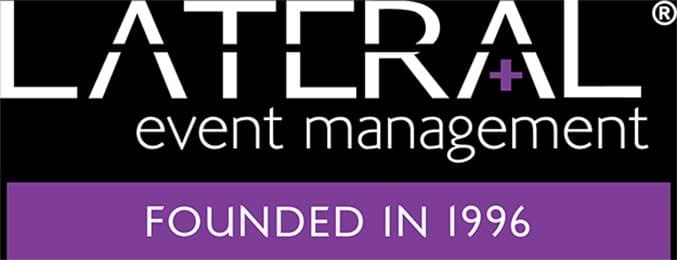Brainstorming extraordinary events (part one)
Bring together a small group of outgoing, well experienced people to brainstorm the event concepts.
If you work for a corporation, consider inviting people for their ability to bring experience, fresh perspectives and personal creativeness rather than just inviting representatives of each department. People sent to represent departments at brainstorming sessions can often be the expendable rather than the most valuable.
You may benefit from having two processes – a creative team who meet to brainstorm event concepts and a second meeting to present the ideas to each department.
Successful brainstorming requires the right people and an environment where there are no distractions. A creative mindset is needed. The brainstorm session needs to follow a basic agenda but the conversation needs to flow fairly freely so long as everyone sticks to the subject, has their feet on the ground and their brains engaged.
A strong facilitator is needed who can draw out the ‘live’ ideas, keep everyone focused and maintain the momentum of the session. Every idea should be canvassed, and no one should be hesitant of suggesting ideas. The facilitator should ask for ideas, even the unlikely ones, so the best concepts can come to light. Be prepared to dream up new creative ideas, to adapt other’s ideas to suit your purposes.
A trap to avoid is tunnel vision. Time is a precious commodity and we all have a great deal of choices in how to spend it. Keeping this in mind, you should weight the attractiveness and the value proposition of your event. It could be the most fascinating art gallery opening, but does it really stack up sufficiently against other offerings? Can you enhance the experience to make it truly stand out as a “must attend” for your guests?
Consider the proposed event primarily from a guest perspective – put yourself in their shoes and try to enact their blow-by-blow experiences through the event.
Those who work ensconced in one type of event should get out more. Those who work only with theatrical events should try attending a sporting event and visa versa. What are the participants responding to? Not only is there a lot to be learned by this exercise, but tunnel vision will be replaced by a sense of balance and a better understanding the choices people have. Go to the events that would not normally attract you, find out what the other people do and get an understanding of the wider demographics. People have a lot of choices in what they do with their time. Do not let tunnel vision close your eyes to events which might really be of interest and which might positively impact your client relationships.
